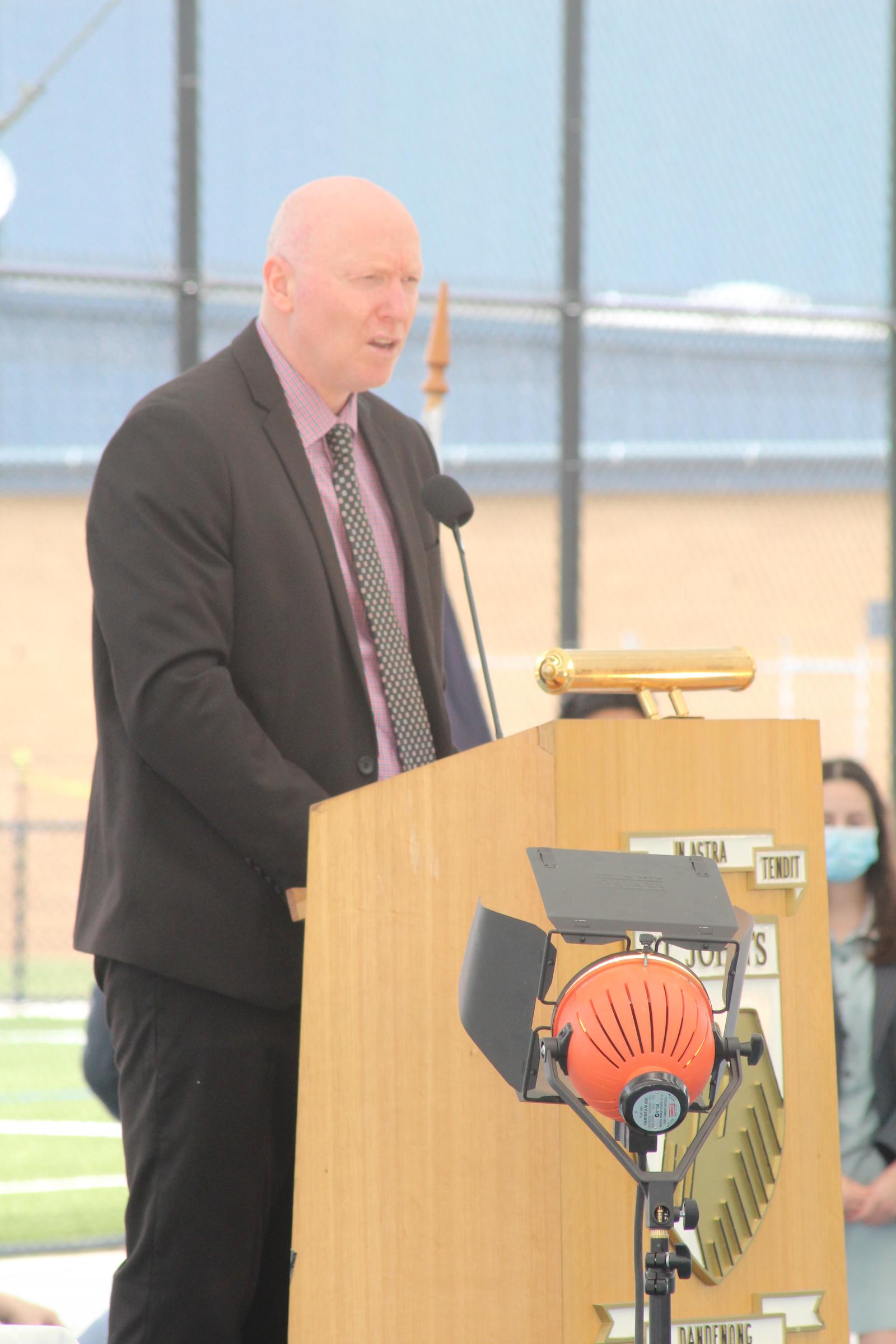Mental Health Support for Students
How early intervention can help you help your students
Intervening early, with appropriate treatment, can reduce the risk of mental health symptoms worsening.
Important components of intervening early are:
- identifying the problem at the earliest possible stage
- preventing the problem worsening or progressing to a more severe form of illness
- reducing the impact on a student’s social and academic outcomes across school, work, relationships and family
- ensuring the student has access to the most appropriate form of support or treatment.
If we learn to identify common signs of mental ill-health early, we can use low-intensity, simpler interventions such as:
- lifestyle interventions
- skill building
- mood monitoring
- problem solving
- supporting students to make behavioural changes with diet, sleep, routine and structure.
Helping your students
Mental health and mental ill-health sit on a continuum and are influenced by many environmental, emotional and social factors.
Continuum of mental ill-health
Mental health
- Good coping skills.
- Resilience in the face of challenge.
- Resourcefulness.
- Positive relationships.
- Experiencing a range of normal mood fluctuations in response to trigger.
- Normal sleep patterns.
- Enough energy throughout the day.
- Able to manage and problem solve challenges.
- Socially engaged.
Emerging mental health concerns
- The student’s usual behaviour may be impacted or deteriorate.
- The student may show initial changes in one of more areas of functioning.
- Signs may worsen over time, or may improve as the stressors ease.
Mental ill-health
- Distress.
- Coping skills may be impaired.
- Hopelessness.
- Socially disconnected.
- Increased anger/irritability.
- Increased/decreased sleep.
- Increased/decreased appetite.
- Changes to mood – extreme happiness, sadness, anger, worry.
- May be a diagnosable disorder.
Support services in schools:
There are a range of health and wellbeing supports within the school system which you can reach out to.
The following services are available for secondary schools:
- Student welfare coordinators help students handle mental health issues. Student welfare coordinators work with other welfare professionals and agencies to address student needs.
- headspace counselling for secondary students involves face-to-face and telephone counselling services. Students access the service via a referral made by a central contact person within their school.
